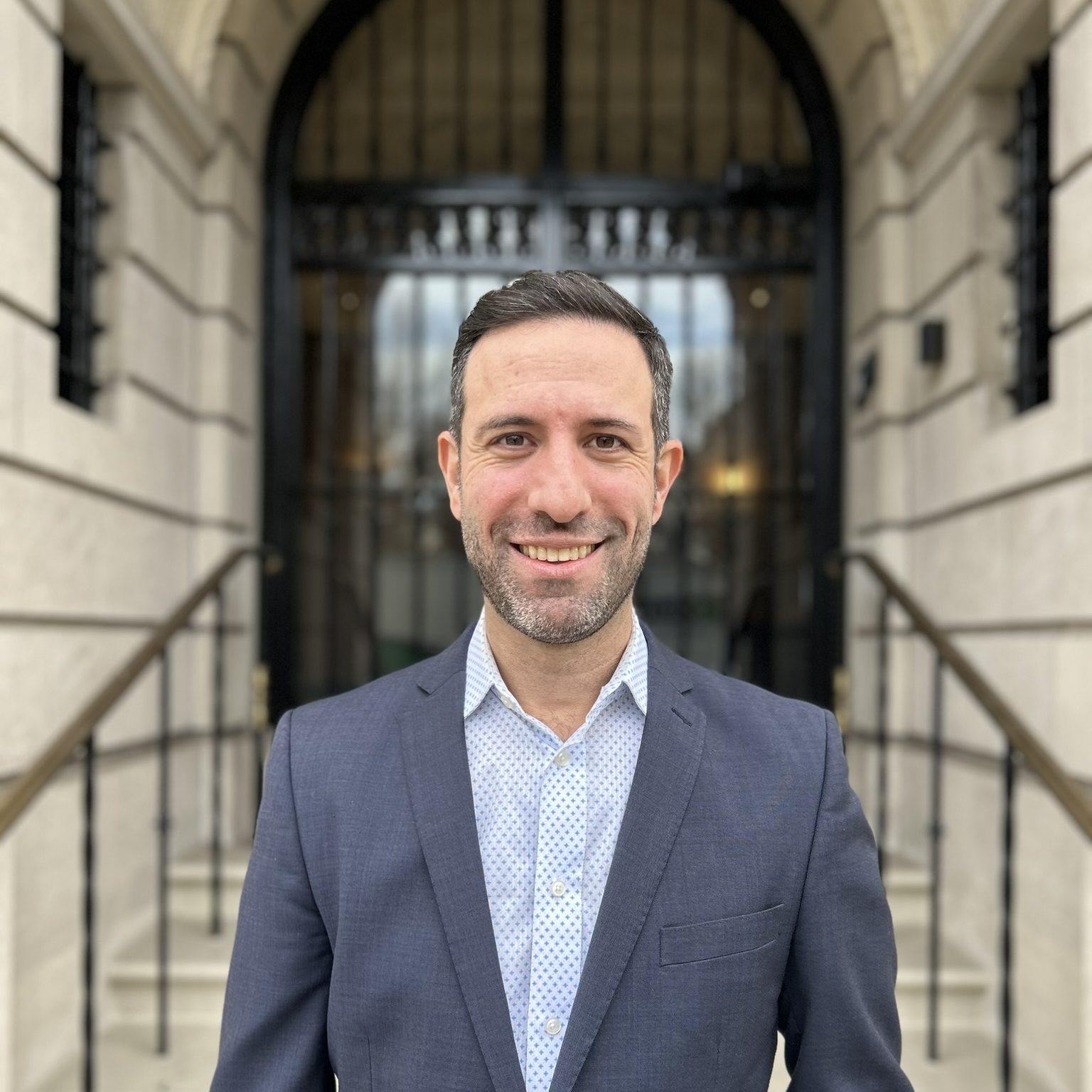As details of the US administration’s position became clearer following the August 15 summit in Alaska, it became evident that—as feared—the face-to-face meeting with US President Donald Trump gave Russian President Vladimir Putin the advantage. Putin seemingly convinced Trump again that a ceasefire could not precede a comprehensive peace, and that a comprehensive peace should look mostly as Russia desires it, including, among other things, keeping Ukrainian land it took by force and removing sanctions and other isolating measures against Russia.
Now, with Ukrainian President Volodymyr Zelenskyy sitting beside Trump in the Oval Office, the optics in the room mirrored the dynamic between Trump and Putin in Anchorage. Warm pleasantries, scant details. Trump did not outline what role the United States would play in enforcing security guarantees for Ukraine, for example. Gallingly, he sat next to Zelenskyy and claimed that Putin wanted peace. Never mind that, in Alaska, Putin called Ukraine a “brotherly nation” for years, yet he had invaded and killed hundreds of thousands of his neighbors. Never mind that Putin failed to stipulate who exactly should guarantee Ukraine’s security. Never mind that, for the umpteenth time, Putin raised the need to eliminate the “root causes” of the war and reinstate a just balance of security in Europe—coded language for Russia’s desire to overthrow the current Ukrainian government and rewrite the Euro-Atlantic security architecture in Moscow’s favor.
While it is a positive that there were no discordant notes between Trump and Zelenskyy when they spoke to the press together from the White House three days after the Alaska summit, Trump did little to dispel the notion that the United States would support a comprehensive peace agreement largely on Russia’s terms. Putin is still calling the shots.
This article was originally published on the German Marshall Fund’s website as part of a larger analysis. To view it there, click the button below.
The views expressed in GMF publications and commentary are the views of the author alone.


